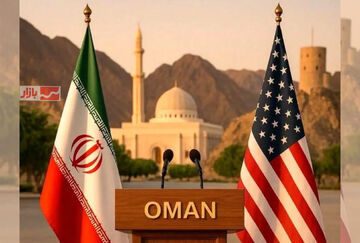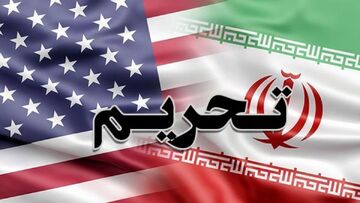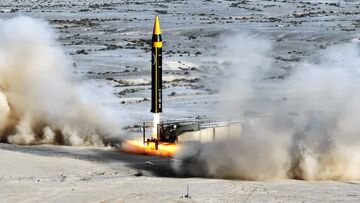Tehran(Bazzar): The most important significance of 25-year strategic cooperation between Iran and China is that it creates the potential to expand the Belt & Road Initiative's (BRI) flagship project of the China-Pakistan Economic Corridor (CPEC) into West Asia via the W-CPEC+ vision, Andrew Korybko tells Bazaar in an exclusive interview.
He also says that the end result is that the Multipolar World Order is emerging a lot quicker than even some of the most optimistic observers expected.
Korybko is an author, senior, journalist and faculty member at the Institute for Strategic and Futuristic Studies at the Russian Friendship University. A Moscow-based American political analyst specializing in the relationship between the US strategy in Afro-Eurasia, China's Belt & Road Initiative, and Hybrid Warfare.
Following is the text of the interview:
Bazaar: A 25-year cooperation document was signed between Iran and China. What is the significance of this document for the two countries?
Korybko: The most important significance of their recently concluded strategic partnership is that it creates the potential to expand the Belt & Road Initiative's (BRI) flagship project of the China-Pakistan Economic Corridor (CPEC) into West Asia via the W-CPEC+ vision. From a broader perspective, this will facilitate connectivity between West Asia and East Asia via South Asia. In other words, the grand strategic goal of Eurasian integration is being advanced, which serves those two countries' interests as well as Russia's. The end result is that the Multipolar World Order is emerging a lot quicker than even some of the most optimistic observers expected.
Bazaar: In terms of time, what messages does the signing of this document have for the United States?
Korybko: China and Iran are signaling to the US that they will not be “contained”. The American policy of attempting to contain them and Russia has failed. In fact, it was arguably because of this policy that those two countries ended up reaching their recent deal.
They're both under increasing pressure and understand that the most pragmatic solution is to cooperate more closely with one another because they're in similar positions vis-a-vis the US. America isn't happy with their agreement, but it can't do much to stop it other than spread disinformation about its terms and scaremonger about the long-term strategic impact.
Bazaar: The United States has expressed concern about the signing of this cooperation document. Why is America worried?
Korybko: The US is always against anything that advances Chinese, Iranian, and Russian interests, and since the first two mentioned countries' interests are obviously served through their recently clinched agreement, it naturally follows that America would be against it.
As explained above, the US doesn't like that Eurasian integration is proceeding, especially between West, South, and East Asia via W-CPEC+. The long-term diversification of trade routes from the sea to the land will reduce the ability of the powerful US Navy to blackmail the international economy. This arguably goes against American grand strategic interests, hence why Washington is so against the Chinese-Iranian Strategic Partnership.
Bazaar: During Iranian Foreign Minister, Zarif's visit to China, the Chinese Foreign Minister somehow tied the signing of this agreement to the settlement of Iran's disputes with the countries of the region. But he has now traveled to Iran to sign the agreement. Has there been a change in China's view since Biden came to power in the United States? In other words, has China been waiting for the policy of the new US administration?
Korybko: It's difficult to tell, but China doesn't have a history of attaching secret strings to its deals so it's unlikely that it previously made the resolution of Iran's regional disputes a precondition for reaching the recent agreement. In terms of the contemporary strategic context, China seems to have concluded that the Biden Administration differs little from the Trump one since both have attempted to contain Beijing and Tehran.
Bazaar: One of the important issues raised for this cooperation document is Iran's land connection to Iraq and Syria. In this way, China can connect to the Mediterranean Sea through Iran, Iraq, and Syria. Iran has a strong presence in the Syrian port of Tartus, and pro-Iranian forces also control the Bokmal border crossing in Syria's Deir ez-Zor province and the al-Qaim crossing in Iraq's Anbar province. How feasible do you think this path is?
Korybko: The vision that you described will take some time to enter into practice since the US still controls the skies over those two West Asian transit countries, as well as exerts powerful influence over locally armed groups that Iran and others have described as terrorists. These two factors – airstrikes and terrorists – could disrupt economic connectivity between Iran, Iraq, and Syria, and will therefore have to be addressed before this branch of W-CPEC+ becomes viable.















نظر شما